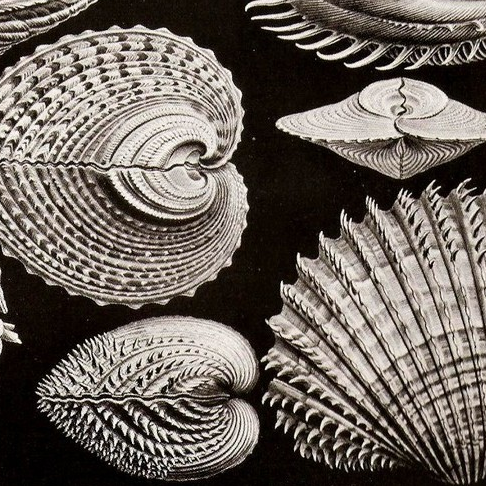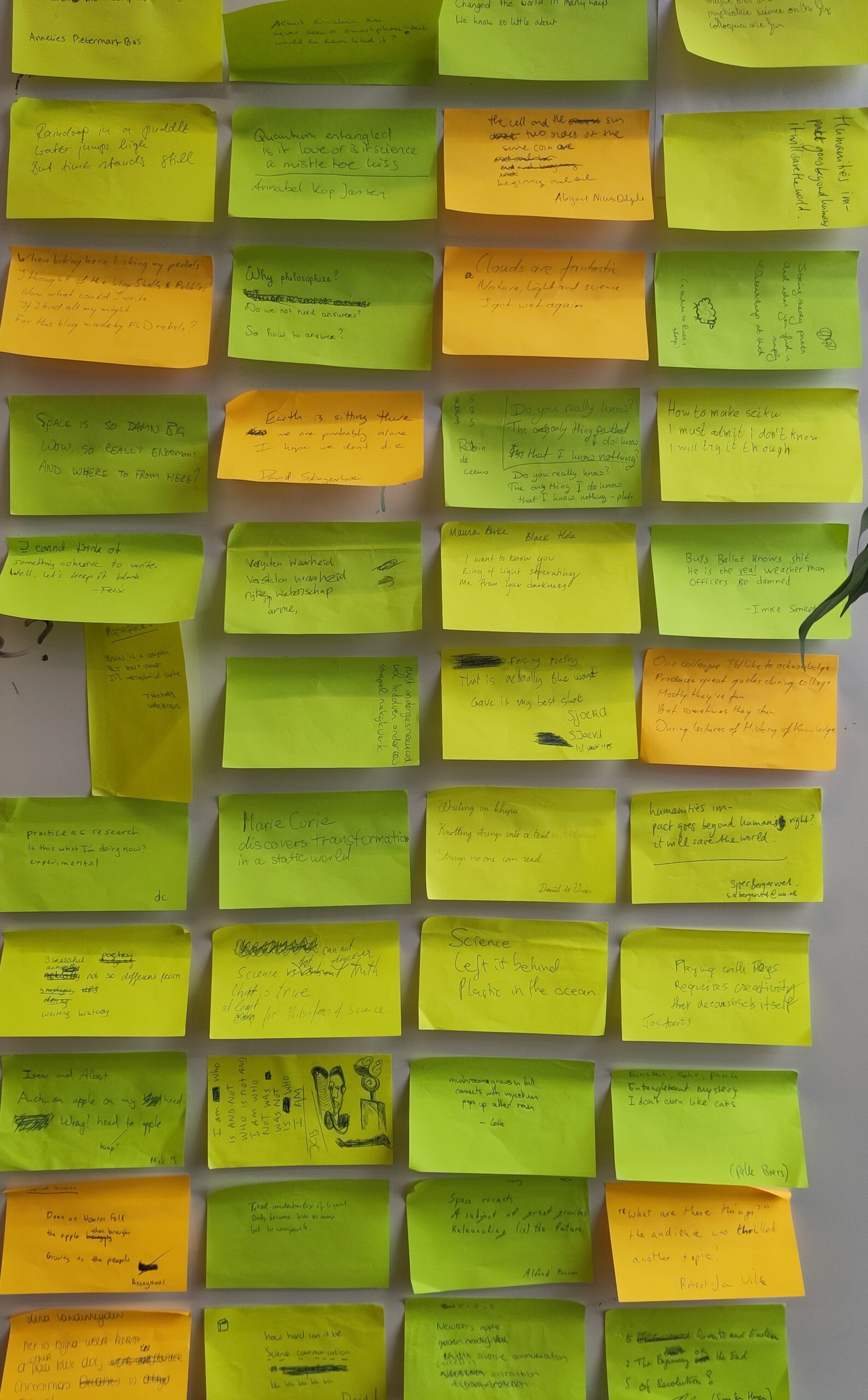If there is one thing that we, as a community of historians and philosophers of science and the humanities, are acutely aware of, it is that scientific practices are often intertwined with other practices such as artisanal or artistic practices. For many of us, the recognition of this intertwinement forms an important reference point in our academic perspective, for some, it may even constitute the core of our research. There is a subtle irony to the fact that our own engagement with our favourite subject matter rests on this assumption but remains largely academic/scientific in character. This is the most visible in the ways we communicate our research: we mostly write about it in an academic manner to cater to an academic audience (in books and articles), and only sometimes venture out to communicate with broader audiences, for example by contributing to this blog – although, it has to be admitted, this audience is still mostly academic. Rarely, in our own practice, do we really bridge the intertwinement between academic/scientific and artisanal/artistic practice we so often assume.
Last Tuesday, therefore, at the Descartes Christmas colloquium, we decided to subject our fellow science historians and philosophers to an exercise that would help them bridge this divide. We asked them to use poetry to communicate something about their own academic interests. Not only was this an exercise in creativity, but it was also a challenge in brevity. Many of us certainly struggle with any word limits imposed on us, as we, as editors, can attest. And so we put it to the test: can historians and philosophers of science be brief when writing about their research topics? And can they do so using the Japanese poetry form of the haiku? To make it even more challenging, we only gave them two minutes to write down their best attempts at poetic science communication. Since so many of the contributions made us laugh, giggle or tremble with existential angst, we wanted to publish some of our favourites:
| Why philosophize? Do we not need answers? So how to answer? -Anonymous |
| Quantum entangled Is it love or is it science A mistletoe kiss -Annabel Kop Jansen |
| The cell and the sun Two sides of the same coin Beginning and end -Abigail Nieves Delgado |
| I want to know you Ring of light separating Me from your darkness -Maura Burke, Black hole |
| Niet ondergesneeuwd Wel bedolven onder een Stapel nakijkwerk -Anonymous |
| Clouds are fantastic Nature, light and science I got wet again -Anonymous |
| Forcing poetry That is actually the worst Gave it my best shot -Sjoerd, 1st year HPS |
| Earth is sitting there We are probably alone I hope we don’t die -David Skogerboe |
From all of us at Shells and Pebbles, we wish you a very merry Christmas,
Lisa, Marieke, Luca, David, Elske and Maura

